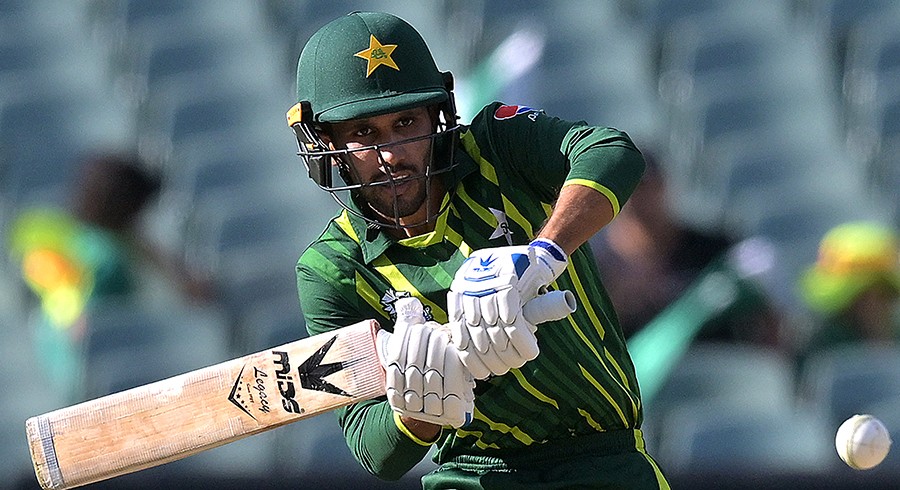About Time We Understand: A Wicketkeeper’s Main Role Isn’t Just Scoring Runs
- by admin
- 6 months ago
- 0 comments

At cricket matches much attention is lavished upon batsmen scoring centuries and bowlers taking wickets with stunning deliveries. While these performances undoubtedly impact match outcomes, an often underappreciated role deserves greater consideration: that of wicketkeeping. We will explore this role further here by detailing its many responsibilities; their main task goes far beyond simply scoring runs!
Unsung Heroes in Stumps
Understanding the Basics
Many cricket enthusiasts mistakenly associate wicketkeepers with their batting ability; forgetting they serve a vital function as part of any team’s defense system. A wicketkeeper’s main duty is standing behind the stumps wearing gloves at all times to be ready for every ball coming their way; this requires immense concentration and skill from these crucial team players Betjee pakistan.
Catching
One of the key aspects of being a wicketkeeper is taking care when taking catches from fast bowlers, spinners, or slip fielders – especially at crucial moments during matches! A good wicketkeeper has the potential to change the outcome by successfully taking vital catches that could turn a match around!
Stumpings
Wicketkeepers must also be lightning-quick when it comes to stumpings – fast enough to remove bails quickly when an outfield batsman slips out due to spinners or deceptive pace bowlers who send batsmen outside their crease.
Communication
Wicketkeepers serve as the “eyes and ears” for captains. With an unparalleled view of the pitch and bowlers/fielders alike, wicketkeepers must communicate vital information during critical situations with both bowlers/fielders – this interaction could prove game-changing!
Battling Spin Reading Spinners
Spinners play an essential part in subcontinental cricket conditions, and wicketkeepers have an invaluable task of anticipating when an offspinner comes down the pitch and reading its trajectory off their hand to make quick decisions behind the stumps.
Wicketkeepers must also have an acute sense of the bounce of the ball on uneven or degraded pitches; their split-second reactions often spell the difference between dismissal and missed opportunities.
Being a wicketkeeper requires both mental and physical resilience – they must remain alert, focused, and aware throughout a match even when their batting turn has yet to arrive – failure in this department could prove costly for their side.
Handling Pressure
Wicketkeepers must remain calm under high-pressure situations to remain reliable wicketkeeping performers, whether that is during an important match-winning over or if facing one of cricket’s premier bowlers – handling pressure is key in terms of remaining composure under duress and remaining composed under strain.
Scoring Runs
Although wicketkeepers’ primary job responsibility may not include scoring runs, many modern keepers have become reliable batsmen who should not be underestimated as game-changers. Their contributions should not be ignored!
Lower Order Resilience
Wicketkeepers frequently bat in the lower order, where their ability to guide tail-enders through can significantly impact a team’s total and set the pace for future partnerships that can switch matches around.
Conclusion
To conclude, it’s time we recognized and appreciated the important role wicketkeepers play in cricket. Their duties go well beyond scoring runs; instead, they provide vital assistance to bowlers, fielders, captains, and captains while acting as support personnel behind the stumps. Their glove work, communication abilities, and mental fortitude make them indispensable members of any cricket team.
Next time you watch cricket, don’t forget about the wicketkeeper! Their contributions might not always be visible like scoring centuries or taking five-wicket hauls; nevertheless, they remain an essential element of the game.



